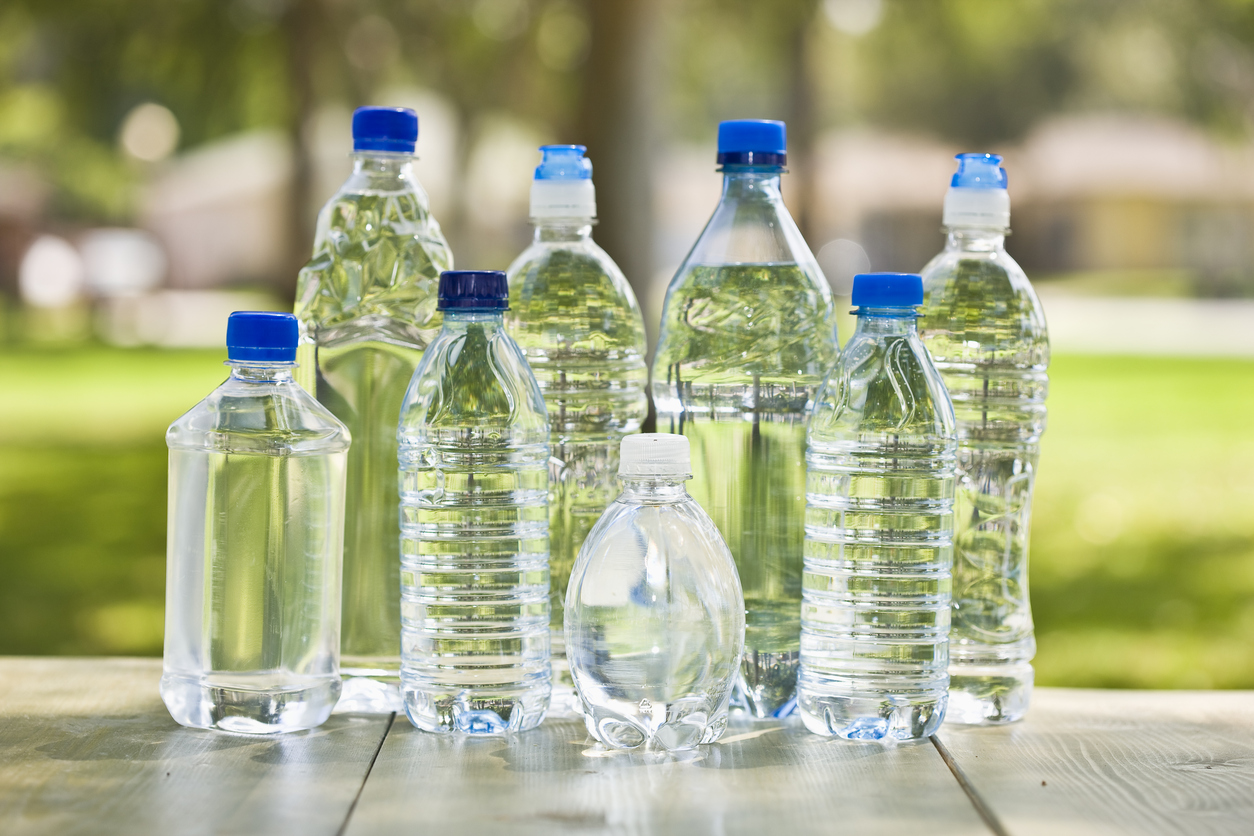Short Answer: BPA (a chemical found in hard plastics and the coating of food and drink cans) is an endocrine disruptor that can cause a host of health problems. For this reason, taking steps to limit your BPA exposure is a good idea.
What Is BPA?
Bisphenol A (or BPA) is a chemical found in hard plastics and other products such as; water bottles, food containers, baby bottles, dental fillings, eyeglass lenses, DVDs, CDs, feminine hygiene products, thermal printer receipts, and the coating inside food cans. It’s also an endocrine disruptor, meaning it can mimic the function and structure of the hormone estrogen. The human body is particularly sensitive to changes in hormone levels, which is the reason BPA’s ability to act like estrogen is believed to affect your health.
Effects Of BPA
Some of the possible health effects of BPA include; reproductive disorders, impotence in males, heart disease in females, Type 2 diabetes, brain function, breast cancer, and the viability of a woman’s eggs (to name just a few). Infants and unborn humans are more susceptible to BPA exposure and its effects than adults. This is probably because they cannot eliminate this substance as well from their systems. Pregnant and nursing moms should be extra careful about limiting their (and therefore their baby’s) exposure to BPA.
The use of BPA has already been restricted in the EU, Canada, China and Malaysia, particularly in products for babies and young children.
Although you may not be able to avoid BPA entirely, there are ways to minimize yours and your family’s exposure to it.
Ways To Reduce Your BPA Exposure:
- Avoid packaged food. Eat mostly fresh, whole foods. Stay away from canned foods or foods packaged in plastic containers unless the labeling says it’s “BPA free”.**
- Drink from glass bottles. Buy liquids that come in glass bottles instead of plastic bottles or cans, and use glass baby bottles instead of plastic ones.
- As much as possible, limit your contact with thermal paper such as receipts, movie and airline tickets.
- Be picky about the kid’s toys. Make sure that plastic toys you buy are made from BPA-free material, especially for any toy your little one might chew or suck on.
- Don’t microwave plastic! Store and microwave food in glass containers.
- Don’t wash plastic containers in the dishwasher.
- Buy powdered infant formula rather than liquids from BPA containers. Liquids are likely to absorb more BPA.
**Note – While some manufacturers have switched to “BPA-free” products, they may have replaced BPA with bisphenol-S (BPS) or bisphenol-F (BPF). BPS and BPF can also disrupt cell function in a similar way as BPA. Therefore, looking for “BPA-Free” bottles may not enough. Plastic items labeled with the recycling numbers 3 and 7, or the letters “PC” likely contain BPA, BPS, or BPF. Avoid all three recycling codes.












